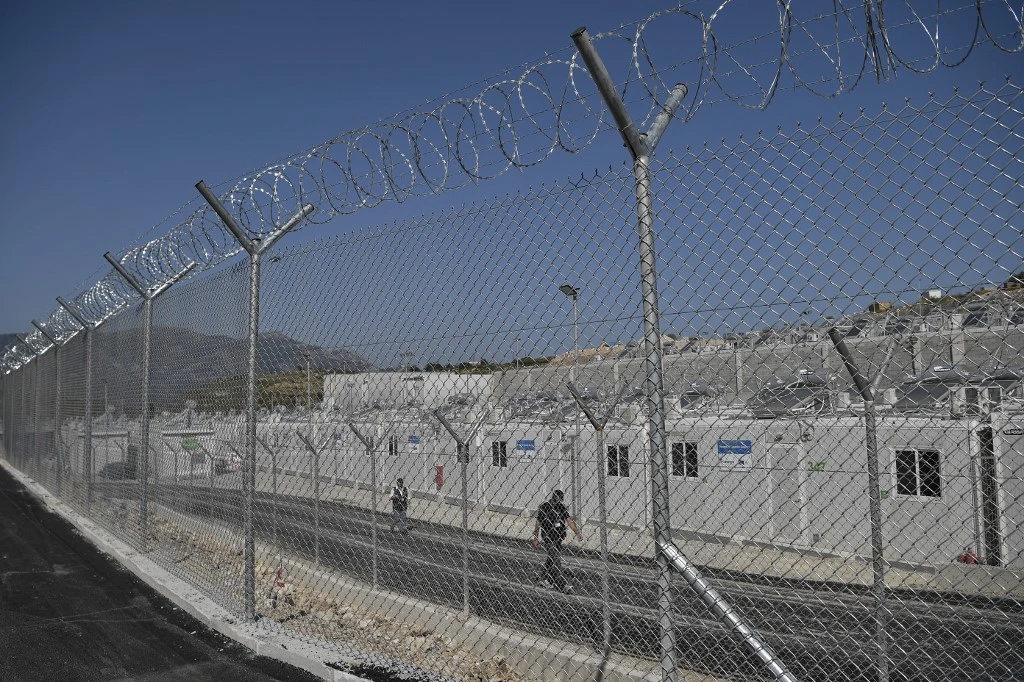Malaysia to introduce ‘orangutan diplomacy’
Malaysian Commodities minister says ‘China’s panda diplomacy inspired orangutan diplomacy’ in palm oil pitch
Malaysia plans to employ a strategy reminiscent of China’s panda diplomacy by gifting orangutans, which live only on Borneo and the Indonesian island of Sumatra, to palm oil-importing countries.
Minister of Plantation and Commodities Johari Abdul Ghani outlined the concept of “orangutan diplomacy,” which aims to provide endangered orangutans to countries engaged in the palm oil trade, particularly significant importers like China, India and some EU countries.
‘Malaysia is a sustainable oil palm producer’
Orangutans face critical endangerment, as highlighted by the WWF, primarily because of habitat loss caused by logging, agricultural expansion – particularly palm oil plantations – and infrastructure development.
“Johari Abdul Ghani said that introducing ‘orangutan diplomacy will demonstrate Malaysia’s unwavering commitment to biodiversity conservation,” Johari Abdul Ghani said. “Malaysia cannot take a defensive approach to palm oil,” he told delegates at a biodiversity forum in Genting, east of Kuala Lumpur.
“We need to show the world’s countries that Malaysia is a sustainable oil palm producer and committed to protecting forests,” he added.
He called upon palm oil companies to collaborate with NGOs to support wildlife preservation efforts in Malaysia, emphasizing the importance of technical expertise in this endeavor.
Beijing’s ‘panda diplomacy’

Beijing has utilized the “panda diplomacy” approach for years as a means of projecting soft power, lending pandas to foreign zoos under conditions that typically involve returning offspring to China for breeding purposes.
Beijing, which operates a giant panda breeding program, generally loans pandas for 10 years, providing the countries meet certain conditions for their care. Malaysia received two pandas in 2014, building them a multimillion-dollar air-conditioned enclosure at the National Zoo in Kuala Lumpur.
Malaysia has no breeding program for orangutans, although it has conservation centers in Sarawak and Sabah in Borneo. NGOs also run conservation programs to restore their habitat.
Palm oil

Palm oil has drawn criticism from environmentalists for its role in driving the destruction of rainforests in Malaysia and Indonesia, the world’s largest producers of the commodity.
This versatile oil is used in various products, including cakes, chocolate, margarine, cosmetics, soap, and shampoo.
The industry has been trying to improve sustainability amid pressure from campaigners over its effect on the environment through groups such as the Roundtable for Sustainable Palm Oil (RSPO).



